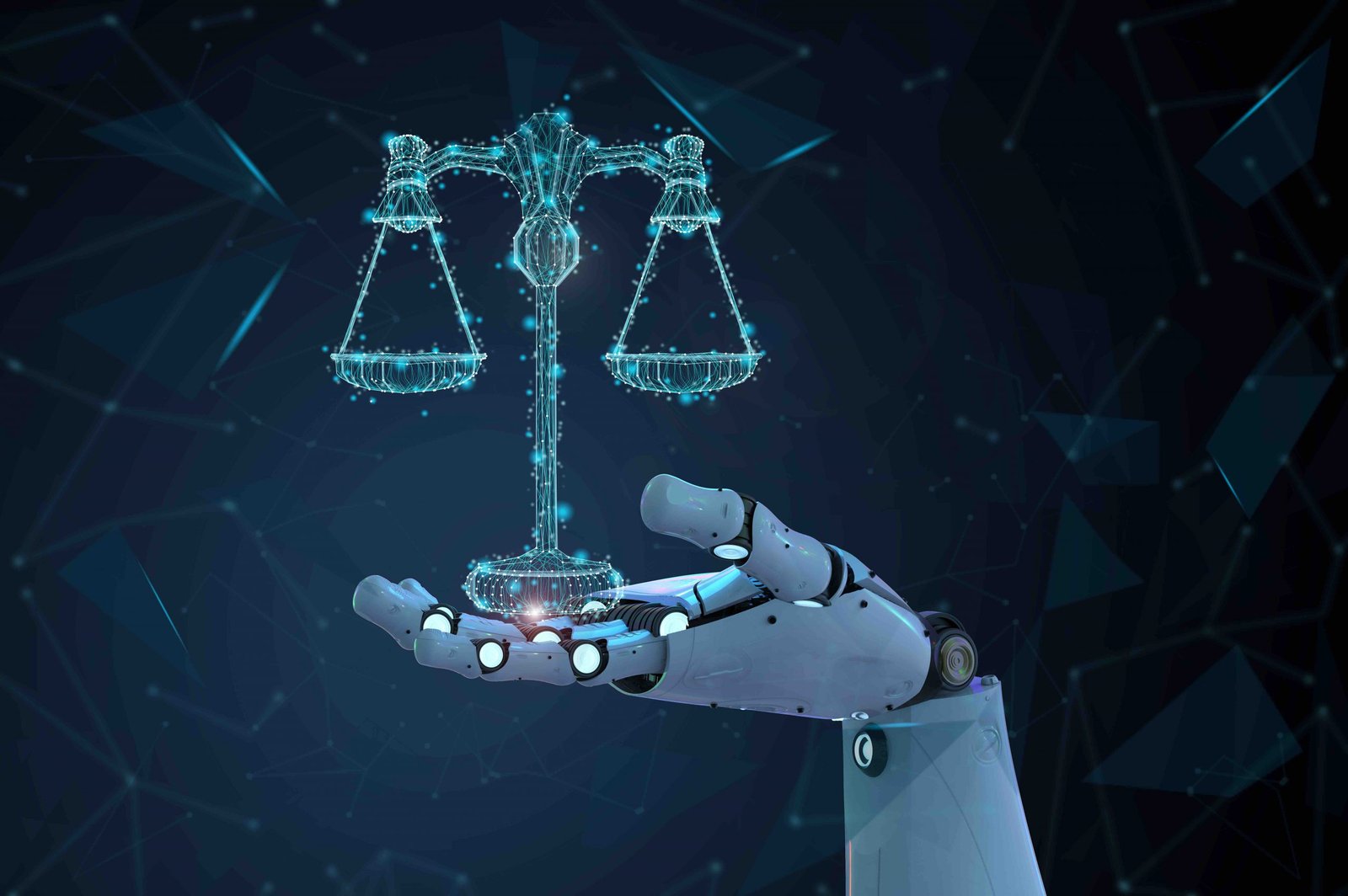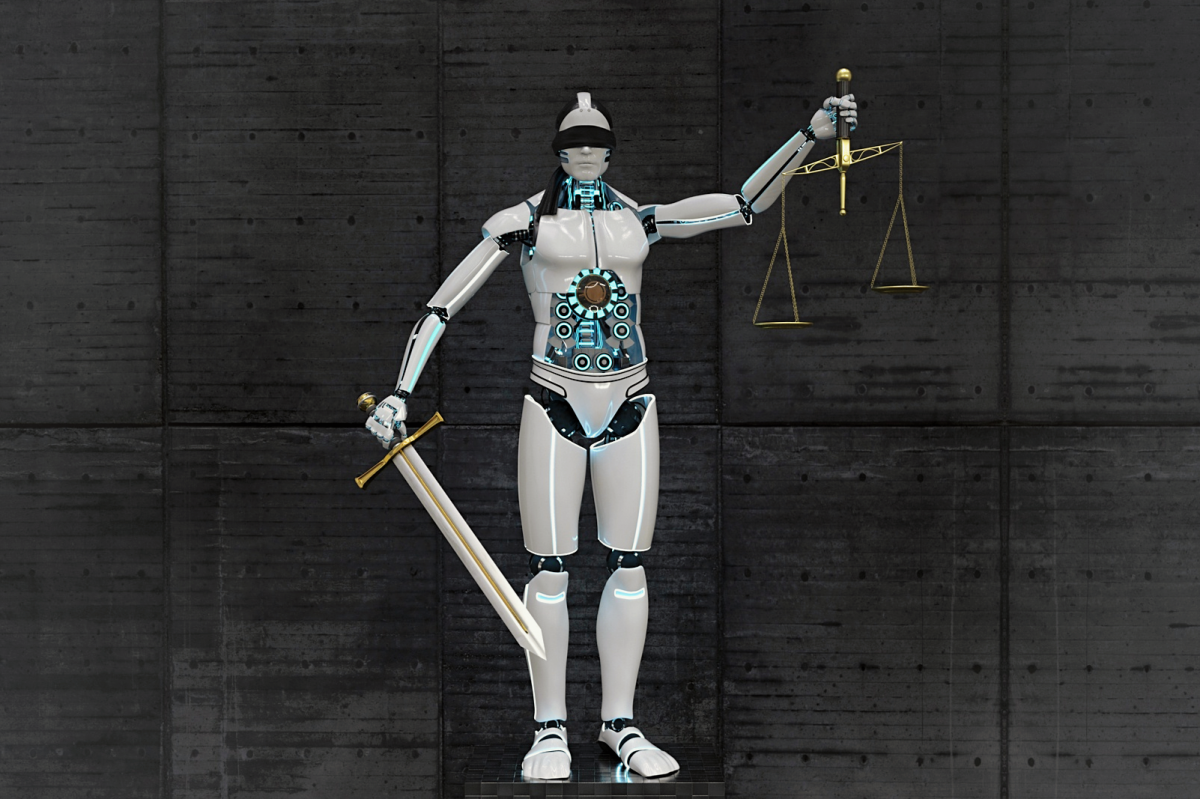Do you know Artificial Intelligence for Attorneys Is Coming? Since its debut, chatGPT has gained popularity practically everywhere. Now, attorneys can benefit from chatGPT’s productivity in their work.
Law-focused generative AI tool Harvey was first discovered by David Wakelin, head of the markets innovation department at London-based legal firm Allen & Overy, in September 2022.
Artificial Intelligence for Attorneys

To gauge its intellect, David intended to conduct an experiment. As a result, a few of the attorneys in his company used the system to write documents, answer basic legal queries, and send out initial draughts of messages to clients.
Read More: The Top 10 Stunning AI Tools You Can Utilize
A little over 3,500 employees from the 43 offices of the organisation used the application and submitted 40,000 questions. Afterwards, the business made the decision to apply OpenAI internally.
Harvey claims that “one in four of the attorneys on the Allen & Overy team now utilise the AI platform regularly, with 80% utilising it once a month or more. But, other significant businesses are beginning to use the platform as well.
According to Wakeling, a paradigm is beginning to shift. “I believe that this technology is ideal for the legal sector.”
The use of chatGPT and its relatives is “quite safe” in legal applications like contracts, conveyancing, or licence creation, according to Lilian Edwards, a professor of law, innovation, and society at Newcastle University.
Law companies can employ a lot of highly standardised templates and precedent banks to scaffold document generation, making the results more predictable than with most free text outputs. This has made automated legal document generation a growing field for decades, even in the age of rule-based technology.
AI will continue to be utilised for entry-level labour, according to Paris-based data protection attorney Daniel Sereduick.
Drafting legal documents can be a time-consuming chore, but AI appears to be fairly adept at it. The normative nature of contracts, policies, and other legal texts is common. Hence, AI can perform a lot of the hard lifting because to its capacity to gather and synthesise knowledge.
The results need to be reviewed and closely monitored, say lawyers. Yet, managing the inputs might be equally difficult.
Using such AI in Europe could be in violation of the General Data Protection Regulation (GDPR), which limits the amount of personal information that can be gathered and used by businesses.
Read More: Top Artificial Intelligence Statistics for 2023
To feed any unique client data under their control into a generative AI tool, law firms are required under the GDPR to have a solid legal foundation.
When it comes to providing personal data to generative AI technologies, international law is already becoming more stringent.
Allen and Overy can make advantage of AI, but maintaining client privacy is equally crucial. “It will have a significant impact on production and efficiency.”
Little duties that used to be handled by lawyers are now delegated to AI through the use of AI.



